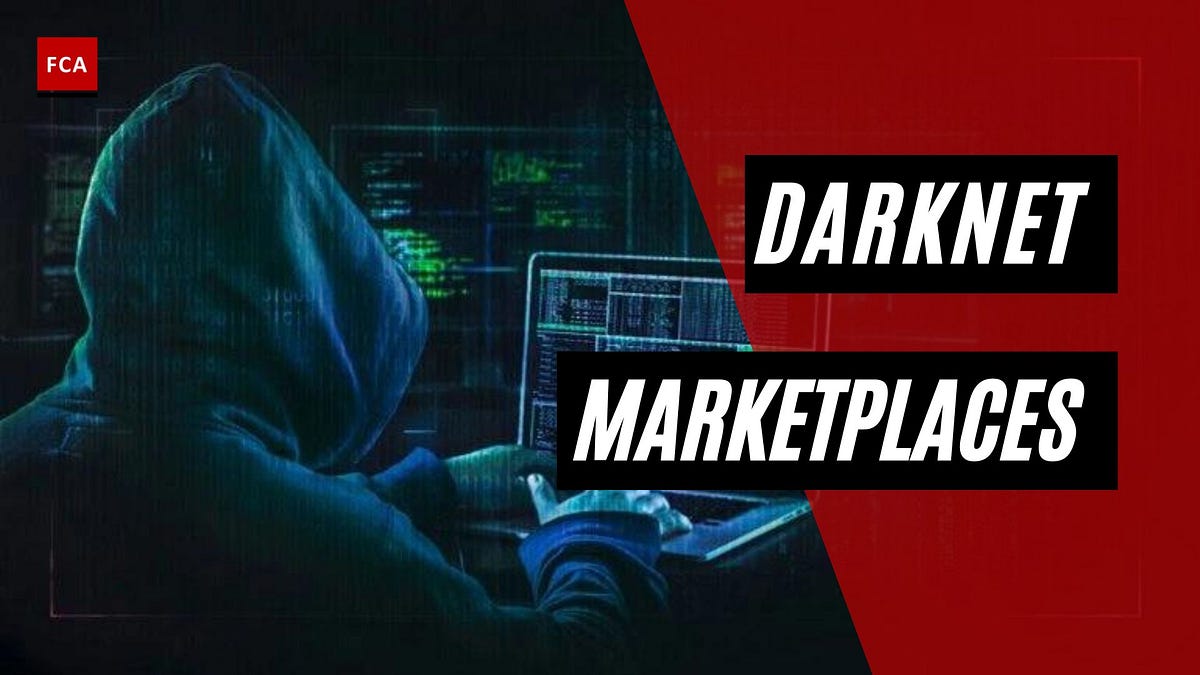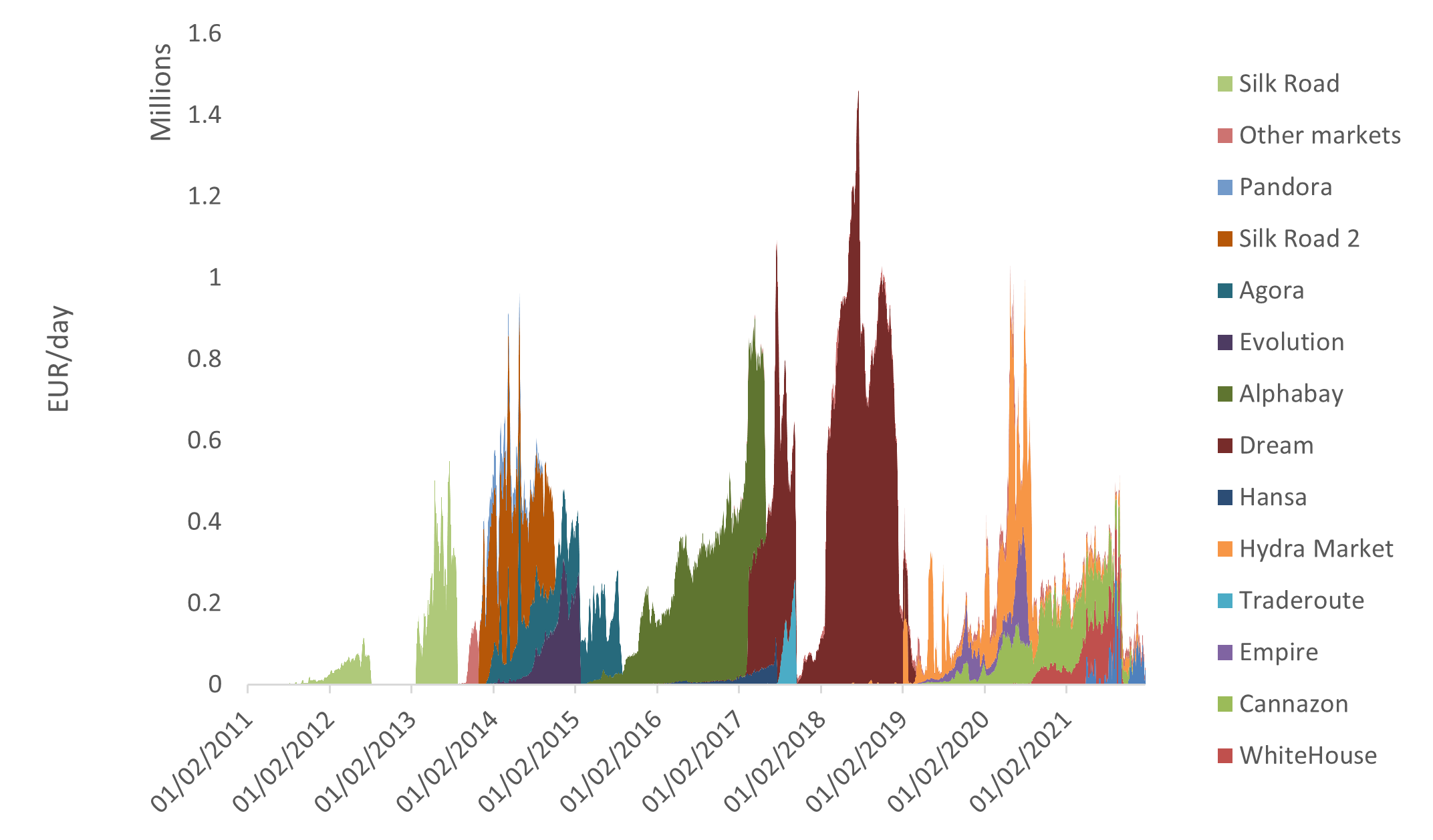Exploring Depths of the Web: Diving into Shadowy Web Commerce
In the depths of the internet lies a hidden world that functions beyond the grasp of conventional search engines and social media platforms. This is the realm of the dark web, a part of the web that is often associated with anonymity and illicit activities. Dark web markets have captured considerable attention in the past few years, drawing in a mix of intrigued explorers, cybercriminals, and those seeking goods and products that are difficult to find on the clear web.
As individuals explore the complexities of the dark web, they come across various marketplaces that trade in everything from licit drugs to stolen data. These markets function on the principle of secrecy, using encryption and other technologies to safeguard the identities of buyers and sellers. However, this shroud of secrecy poses important concerns about lawfulness, morality, and the consequences of engaging in such transactions. Exploring the dark web offers a view into one of the most contentious and misconstrued aspects of the internet, exposing both the appeal and the risks of this hidden landscape.
Comprehending the Dark Web
The shadow web is a part of the web that is not indexed by conventional search engines, making it hard to utilize for most people. It demands special software, such as Tor, to navigate and use, providing secrecy to individuals and allowing them to participate in activities that can be both lawful and unlawful. This concealed realm promotes a sense of confidentiality and safety, attracting a diverse range of users, including informants, advocates, and those looking to avoid watchful eyes.
Within the dark web, a diversity of marketplaces have developed, focusing in the sale of products and assistance that range from the innocuous to the criminal. These markets often operate on a digital currency basis, making certain transactions continue to be untraceable and safe. While some dark web platforms concentrate on privacy-related tools, others may deal in illegal drugs, arms, or stolen data, establishing an environment that is both fascinating and treacherous.
Grasping the hidden web is essential in evaluating the broader consequences of its being. While it serves as a refuge for lawful pursuits, such as free speech in oppressive regimes, it simultaneously creates significant challenges to law enforcement and society at large. Addressing the challenges of the shadow web necessitates a sophisticated approach that balances the need for security with the entitlements to privacy and free speech.
The Economics of Dark Web Markets
This underworld operates on a unique business model that diverges markedly from conventional markets. One of the key characteristics is the use of digital currencies, which allow buyers and sellers to conduct transactions in secrecy. This privacy promotes a feeling of safety among users, permitting them to engage in questionable activities without worry of detection by authorities. The rise of digital currencies like Bitcoin and Monero has additionally facilitated this environment, making deals quick and less susceptible to banking regulations.
Market dynamics on the dark web are intriguing. Marketplaces often exhibit a vast array of goods and services, ranging from illegal drugs and fake goods to information security offerings and personal information. This variety attracts a varied user base, driving rivalry among vendors. Some merchants thrive on standing and customer reviews, while others rely on aggressive pricing strategies. The competition often leads to innovation in product offerings and support methods, even in this underground economy.

Nonetheless, the inherently unstable character of dark web markets presents significant risks. Authorities continuously monitor these platforms, leading to periodic crackdowns that can instantly alter market conditions. Marketplaces may disappear or be seized, causing sellers and buyers to suffer financial losses suddenly. Additionally, the presence of fraudulent sellers can create mistrust among users, prompting a careful stance to purchasing. Thus, although the temptation of privacy and unconventional trade attracts many, actors in these markets must deal with a challenging terrain of unpredictability and danger.
Dangers and Outcomes of Dark Web Engagement
Involvement with illicit online markets poses considerable risks, on legal and personal levels. One of the key worries is the judicial consequences associated with buying or selling illicit goods and services. Law enforcement agencies have become increasingly adept at pursuing transactions on the dark web, leading to captures and convictions for those engaged in forbidden deals. Users may end up facing stringent penalties, including substantial monetary penalties and long incarceration.

In addition to legal threats, navigating the illicit online world can expose individuals to cyber threats. The secrecy and lack of oversight of dark web markets attract a variety of harmful actors, such as hackers and fraudsters. darknet markets 2025 Users may fall victim to theft, economic scams, or additional cybercrimes. Furthermore, engaging in these platforms can lead to a loss of safety, as individuals may accidentally reveal sensitive information or come across harmful or disturbing information.
Ultimately, the mental effects of engaging with deep web markets should not be ignored. The nature of the content and goods often found there can be upsetting, leading to emotional distress or numbness to aggression and illegal conduct. This can lead to increased nervousness and moral dilemmas, creating a tension between personal values and the appeal of privacy and freedom that the dark web offers. Overall, these combined risks illustrate the hazardous field of dark web engagement.